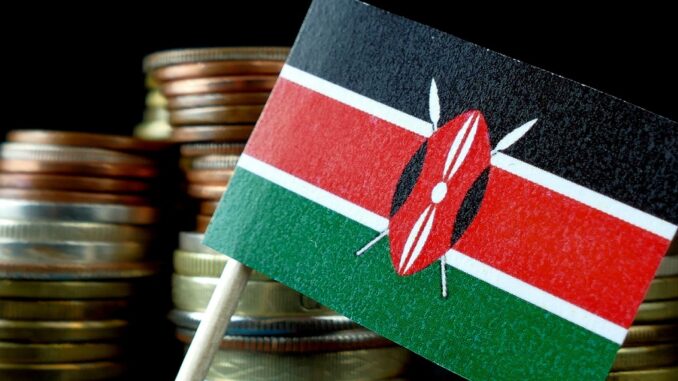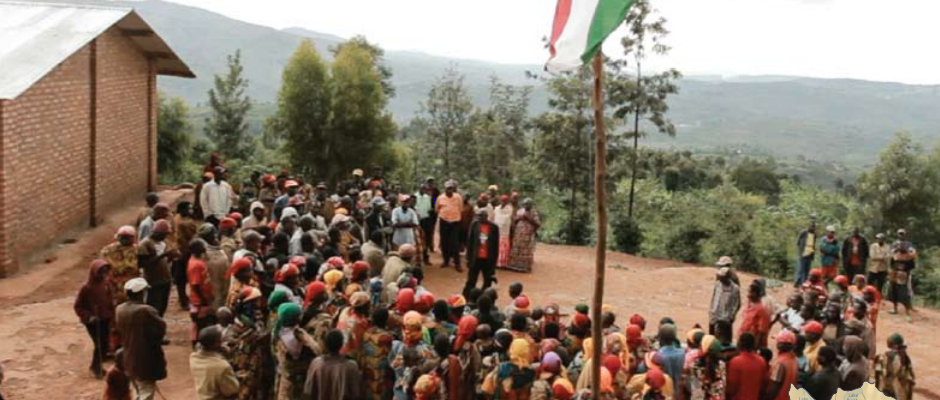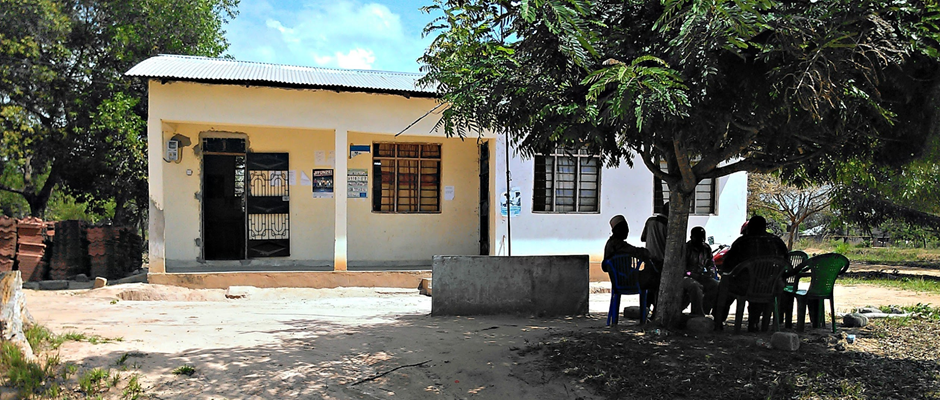
Fiscal decentralization can improve the quality of public spending if sub-national governments allocate their expenditures according to local needs and preferences. However, many other factors – especially those related to politics, influence allocative decisions. When a sub-national government increases its expenditure on public service provision, neighboring localities in react in two opposing ways. On one hand, they can increase their own spending. This is because residents do compare policies across sub-national governments to evaluate the performance of their own politicians. This is the so-called yardstick competition hypothesis. On the other hand, they can react by decreasing their own spending as residents can make use of improved services elsewhere. This is the free-riding hypothesis.
While solidly grounded in theory, this debate also matters for policy makers. If the yardstick hypothesis holds, then national governments could play a limited role in supporting local government spending. But if free riding occurs, then this would justify greater intervention of national governments in shaping the levels and composition of local expenditures. However, there is limited evidence on how spending decisions across neighboring sub-national governments affect each other, and the underlying drivers.
To shed light on this question, a recent ODI study (Fiscal decentralization and redistributive politics: evidence from Kenya) considered fiscal decentralization in Kenya and analyzed the Mount Kenya and Aberdares Economic Bloc reform, which saw 10 neighboring counties jointly agree to increase their spending on public goods and services in 2015. It analyzed how neighboring counties reacted to this increase and how this affected service delivery outcomes.
Research design and key findings
To provide causal estimates, the research design was based on a spatial “difference in difference” technique. This permits a comparison of any changes in spending among the neighboring counties with changes in spending in counties located further away, before and after the reform. The analysis provided four key findings:
- There was evidence of free riding. The reform induced perverse incentives for counties to reduce their own spending rather than engaging in yardstick competition.
- The magnitude of free riding was substantial. Given that each county spends approximately 1.75 Kenyan shilling (KSh) per year ($16 million) on public goods provision, free riding led to a decline of around 651 million KSh ($5.9 million) to 704 million KSh ($6.4 million) per year between 2016 and 2017.
- Electoral incentives affected the level and composition of public spending. Counties engaging in free riding re-allocated their expenditure to budgetary categories that are likely to be associated with patronage and clientelism. These increases were greater before elections – suggesting a strategic motive to influence electoral outcomes – and for incumbents who had been in power for a long time and therefore may have already established clientelistic networks.
- Free riding had a negative impact on household’s access to public goods and services. Using survey data, the results show a substantial decline in access to important public services in counties after they reduced their spending.
Policy implications
Overall, the findings highlight the importance of understanding the broader political system that shapes budgetary decisions This can assist in ensuring that public financial management tools are tailored to better respond to the politics of the budget making process. Specifically,
- Local governments should ensure budget credibility by anchoring their spending policies on development objectives, plans and priorities. This can reduce free riding and discretionary spending that is associated with targeted goods.
- Local governments should promote budget accountability through the timely provision of audits. This can form the basis to hold politicians accountable.
- The central government should design better fiscal transfer systems with conditional transfers or spending rules to guarantee a minimum level of spending on public goods. These should however not interfere with the autonomy of local governments.
This blog was prepared Michael Mbate (Senior Research Officer, ODI) based on his working paper “Fiscal decentralization and redistribute politics: Evidence from Kenya”. His research paper was selected as the winner of the Outstanding Decentralization Paper Award for the Sub-Saharan Africa Region (2021/22).





